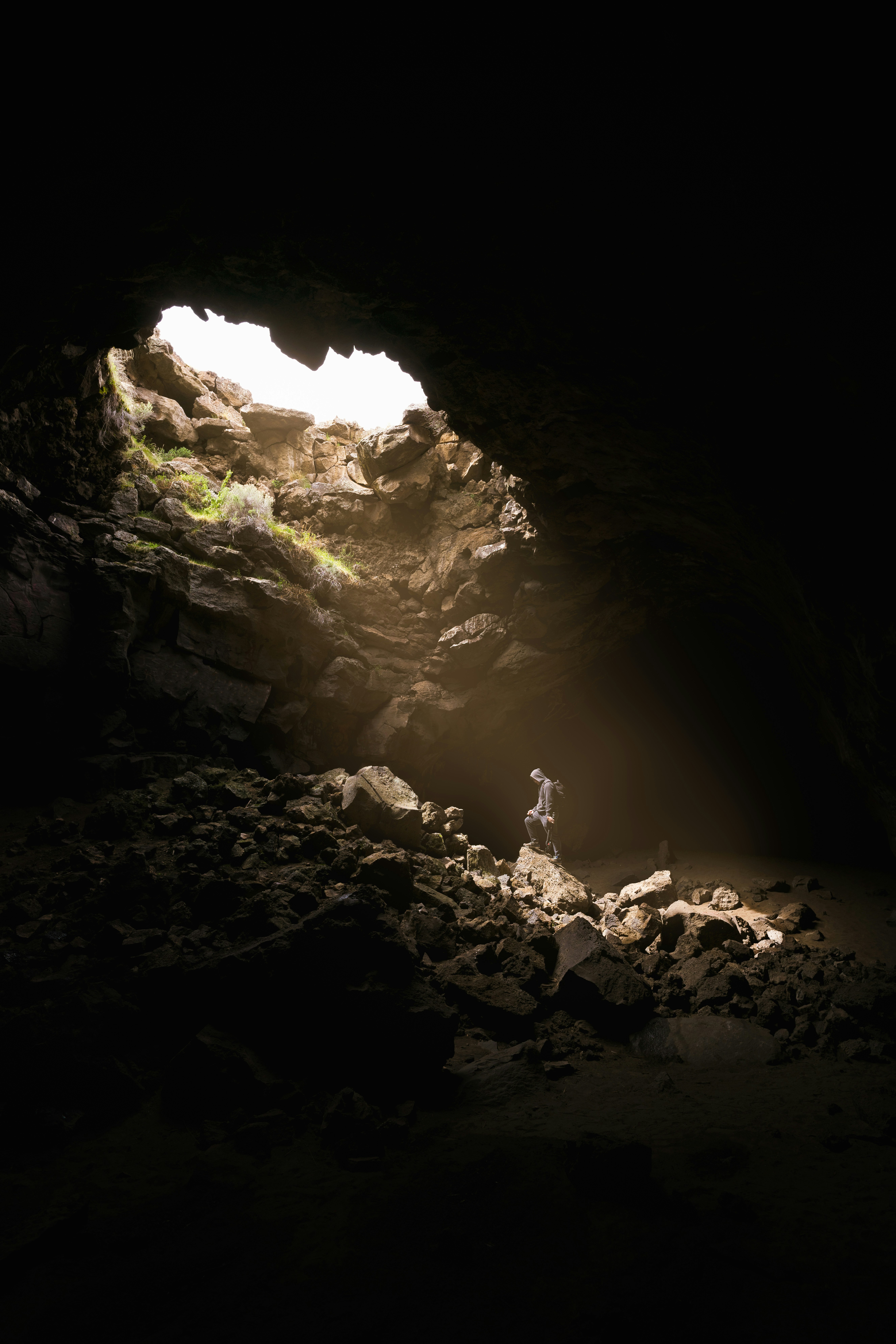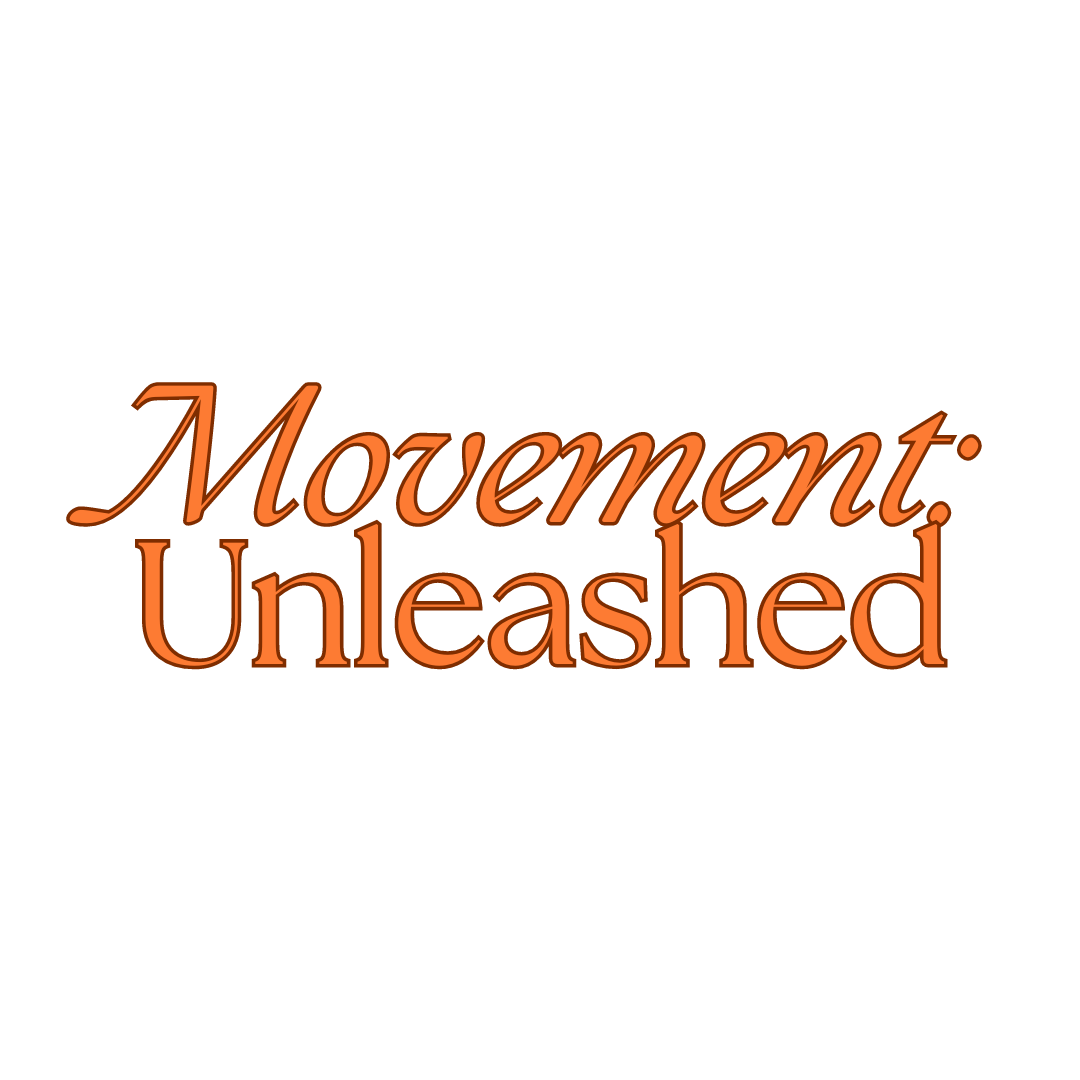Breakthroughs and Intention

Willpower or Intent?
Picture this, you go on retreat and you have a breakthrough. Maybe you get to the root of a habit that you formulated in reaction to a traumatic event in your childhood, or you had a direct experience of an existential distinction or principle, like groundedness or space. And you feel amazing - you’re rooted in your feeling-awareness - you feel free and light. Your body, mind and being are more effectively aligned to the world. Tension runs off you like water off a duck’s back.
This can be exhilarating, and in some rare cases permanently life-changing.
But for most of us we go about our lives and begin to take the breakthrough for granted, and, before long, we find ourselves back in the same old rut, facing the same challenges we had before the breakthrough.
And we cling to the memory of the experience and feel shame about losing the benefits of our breakthrough. We lose enthusiasm for practice, or we move on to the next shiny new thing.
Any of this resonating?
Don’t think this is limited to some spiritual domain. This applies to your favourite drugs, caffeine, social media, sex and relationship addictions too.
We’ve been taught that the way to overcome our addictions is discipline and will power. And, while this may work for some people some of the time, we have to admit that, at least for most of us, it really doesn’t work that well at all. Or at least not in any holistic or integrated way - it turns out that walling ourselves off from areas of life makes for a pretty tense and ridged experience.
Here’s the thing to understand: The breakthrough and the effect of the breakthrough are distinct. This might sound obvious but take a look. Very often we conflate the two and this can lead to unnecessary suffering.
Openness
There are actually four powerful principles that are always consistent with a breakthrough into a new experience, but for today I just wanted to open you to the idea of Openness and Intention. In future articles we will explore Focus, and Questioning.
Consider: If you had a breakthrough into a new distinction (or experience) then you must have been open to something new; an experience outside of your previous habitual bandwidth.
So it follows that a state of openness is consistent with (and prerequisite for) breakthroughs into new experiences.
So if your goal is change then wouldn’t it be wise to focus on cultivating a state of openness as your default position towards practice and life in general?
I recently had a breakthrough into the principle of groundedness. I had been contemplating intensely for hours (not to mention years of training my nervous system) on aligning my body with several principles, one of which was groundedness. When, suddenly, I got what grounded was. It felt as if my whole body-mind was suspended by an invisible force, all around and beneath me. As if I was wrapped in a conscious intelligence supporting me effortlessly. I got the sense that it’s always with me and available, but that I’m only aware of it as long as my mind is surrendered to the ground. This experience moved me to much I began to cry. It was such a familiar feeling; like being home, like being held by nature. I had a sense of permeating correctness.
Then I began to fear losing it. My mind kicked in with all kinds of “techniques” to stay in alignment with it, “All I have to do is xyz and…”, “Every time I loose the ground I just need to pull this face and do a Kegel…” - that kind of thing. In real time I saw that the very act of trying to make it happen, or conceptualise the experience separated me from the experience of being held and supported by the ground. I began to panic and prayed, “May I never forget.” Then, in order to be “more spiritual” I changed my language a bit to make it more positive; “May I always remember.”
Then, the intelligence of my body spoke to me without words, but if I was to give words to this sense it would say, “Who’s remembering? Who needs to remember? What is… already is. There’s no need to remember anything. Just look and see the truth. And relax about it.”
In my case, the addiction that separates me from my connection to the ground is centring my attention in my head and upper body, instead of my lower abdomen - i.e. identifying with the self-mind - the doer - instead of being.
When we’re trying to change a habit, or overcome an addiction we might say, “may I always remember how bad I felt when I do x…” or “…how good I feel when I’m free of x…” But the intent to remember some vague conceptualisation whilst being overcome by the intense emotions and impulsivity consistent with the addiction is like trying to use a breadstick as a mast in a tsunami.
Intention
In my experience, intending to know the truth of a matter is a far better strategy than using willpower to overcome habits. There’s never any need for memory. You get clear on what you really want (intention) and you work to filter your actions and considerations through that filter.
This is not a “one-and-done” thing, it’s a disposition we work to adopt and apply to all of our life, for the rest of our life.
Of course, you’re likely to lose touch with your breakthroughs because of the sheer momentum of your existing habits, but memory or willpower won’t change that. Intending to know the truth can be brought to bare on the fact that you’ve lost touch with it. There’s always fuel for contemplation in everything we experience - even the frustration of “losing” the breakthrough. Intending to know the truth can become a default disposition towards all events.
Peter Ralston talks about this idea of “Get it, lose it, get it again.” So it appears that losing it is all part of the process of integration. It’s only in living out the contrast that our body-minds find their natural resting place in relation to the distinction we’re contemplating or struggling with.
Peter also points out a phenomena he calls The Lava Effect; whereby we have an explosive breakthrough and then we experience the flow of lava through our lives for a period of time (perhaps a sense of relief consistent with lack of resistance) before the lava cools and becomes hardened and inert. This is what the mind does with breakthroughs (and all experiences). It turns them into concepts (memories) the very moment after the event. And over time they become less and less representative of the event itself.
Awareness of this will help you make a distinction between the two. The concept is never the experience itself. This might sound so obvious that it doesn’t need pointing out, but I invite you to watch your own mind and how you are reacting to memories, concepts, stories, images and fantasies - or planning what you will say or do in some future scenario - all the time in your head. There’s nothing wrong with concepts, but conflating them with experience is a source of suffering, struggle, pain and self-doubt. It can make us lose faith in our ability to live an aligned and authentic life, not to mention wasting a lot of energy.
Here’s a practice to help you experience the difference between concept and experience.
Practice
Hands:
Let’s start with picking a body part you can feel really clearly: The hands.
- Close your eyes and visualise your hands.
- Now feel your hands.
- Notice the difference between the visualisation (concept) and the feeling (experience).
- Notice do they occupy in the same “space” as one another? Or are they each located in different spaces? What’s this all about?
- Now move back to just the image of the hands, allowing the feeling to take a back seat for a moment.
- And then back to the feeling, allowing the image to slip into the background.
- Keep repeating moving between your imagination of your hands and the feeling of your hands until you are clear on the distinction and can move between them with ease.
- What did you notice? Write down whatever cam up for you.
This might seem silly, but stick with it. The fact that they are different is often overlooked, and there are consequences to this. Of course you “know” that an image is different from a feeling, but experiencing the difference has a different impact than “understanding”.
Feet:
Now let’s work with another body part: Lets do the same thig with the feet. Close your eyes and visualise your feet.
- Now feel your feet.
- Notice the difference between the visualisation (concept) and the feeling (experience).
- Notice do they occupy in the same “space” as one another? Or are they each located in different spaces? What’s this all about?
- Now move back to just the image of the feet, allowing the feeling to take a back seat for a moment.
- And then back to the feeling, allowing the image to slip into the background.
- Keep repeating, moving between your imagination of your feet and the feeling of your feet until you are clear on the distinction and can move between them with ease.
- What did you notice? Write down whatever cam up for you.
Consider: Was it easier or more difficult to create an image of the feet compared with the hands? Was it more difficult or easier to feel the feet or the hands? What’s this all about? Write down whatever came up for you.
There’s no right or wrong here, we’re just trying to be honest.
Recap:
- When embarking on any pursuit of change, be it grasping an existential principle or distinction, overcoming an addiction or changing a habit, it is more effective to intend to get to the truth of the matter and be open to a new experience, than it is to rely on on willpower or a sequence of steps to “technique” our way our of our condition.
- All techniques are invented and are only good for the job hey are good for. Intending to know the truth will weather every storm and is the, often, missing ingredient that breathes life into all effective techniques.
- You’re likely to lose touch with your breakthrough. Learn to accept this as part of the process of finding equilibrium.
- Concepts are not experiences. Make a distinction between the two to save yourself from unnecessary pain, suffering and struggle.
Final Thoughts
Breakthroughs are great. They usually follow a lot of hard work, focus or simply a letting go. But a breakthrough into a new experience is just the beginning. The hard work is training the mind to live in alignment with it. This is why intention is fundamental.
Most people are operating under unrecognised intentions inherited from culture, society and peer groups. Intending to know the truth acts like a scalpel to cut through the mental and emotional distortions of the mind, inherited from these external influences.
I hope this was helpful.
Good luck intending!
